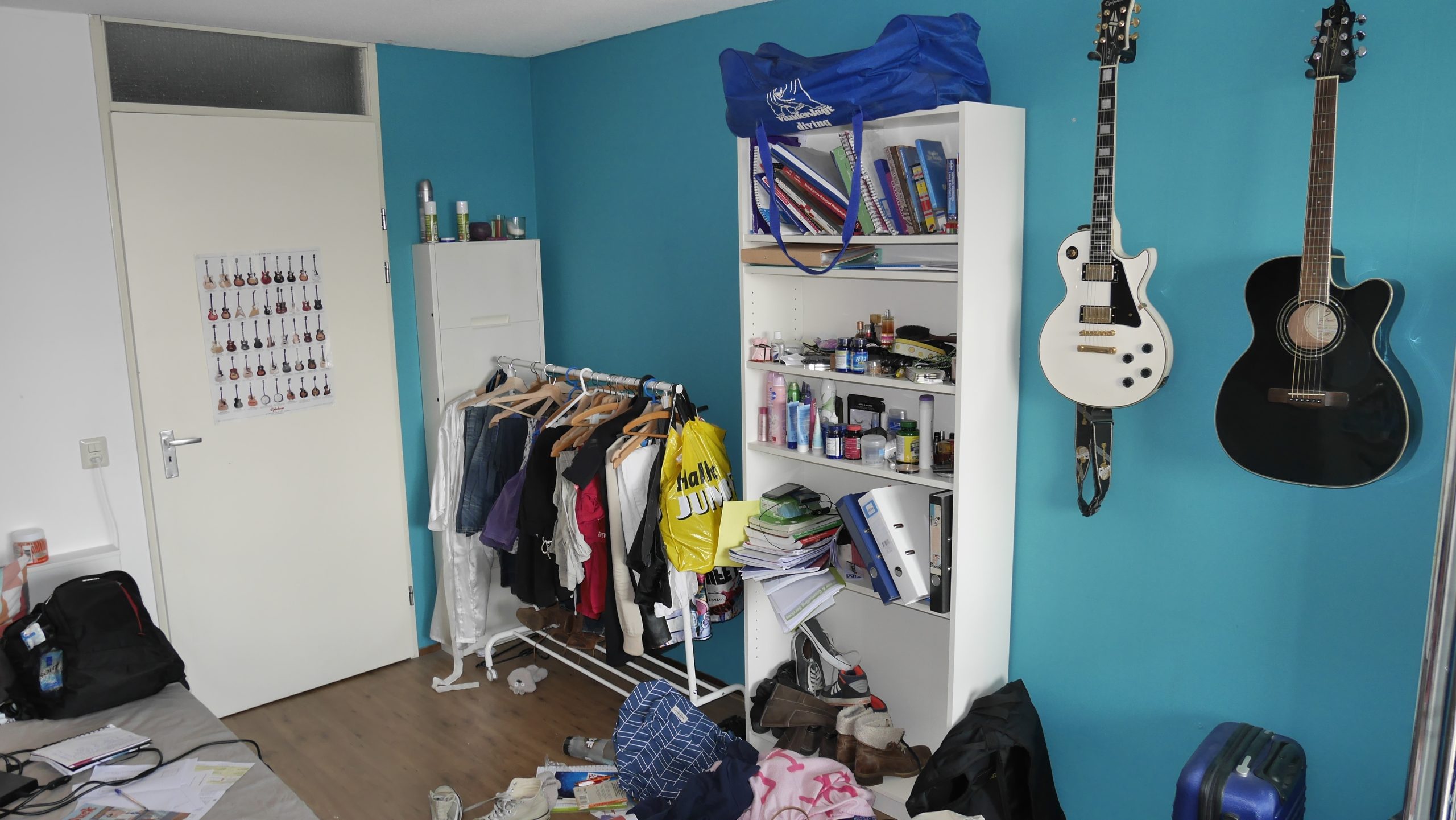International students all over the Netherlands are having problems with finding rooms this year. Universities are attracting more and more internationals, but seem to forget the housing problems. What is the situation in Delft?
(Foto: Roos van Tongeren)
In Groningen, international students have had to sleep in hotels, campsites and even an asylum seekers centre. The national students union, LSVb, made a call for help for their students’ plight and opened a Housing Hotline. In Rotterdam, the shortage has doubled over the last few years. In Utrecht too internationals are having problems finding rooms and are sleeping on people’s couches while they are searching.
In Delft, there seemed to be few problems. Or were there? “I found a room, but I know that there were a lot of people that were unable to find one,” Mina Kocaman, Secretary and Vice President of the Erasmus Student Network Delft (ESN), says. “Some of them set up a WhatsApp group for homeless internationals, so they could find a house together. That worked for some students.” Kocaman is seeing a lot of problems with the housing of international students in Delft.
The DUWO is the biggest housing company in Delft. “We have around 2,000 rooms for international students,” explains Gijsbert Mul, who is responsible for international housing at DUWO. “We house all kinds of international students, from exchange and master students to PhDs. And also Dutch students. We want to serve them all.”
300 euro for a website
One of the problems Kocaman is seeing, is the fee internationals have to pay before they get here. “For example, if you want to find accommodation via TU Delft, you have to register and pay 500 euros. Two hundred is for visa, and 300 for the housing website. TU Delft guarantees that the students get a room, but if they can’t find a room for them, the students will at least get their 300 euros back.”
‘You can’t stay with your parents if you are an international student’
“This is a TU Delft service for international students,” Mul explains. “The students can choose: find a room themselves, or pay TU Delft to find a room for them. There is a waiting list for some rooms, and sometimes prospective housemates are vetted by the students already living there. It is hard to find a room if you are outside the Netherlands. And you can’t stay with your parents if you are an international student.”
IKEA furniture
But that is only the start. Many rooms for international students include furniture. This pushes up the rent. “I don’t understand why DUWO offers this,” Kocaman says. “It is not the best furniture, it is IKEA, and we pay a lot for it. You can easily find your own second-hand furniture, especially if you will be staying longer. Living costs are already high and this makes it worse.”
‘We are paying a lot for IKEA furniture, while you can easily find your own second-hand furniture’
“Five years ago, the international students were mostly exchange students that stayed for a year,” Mul remembers. “Then it was handy to have furniture. Over the last few years, we have been seeing more and more bachelor students that stay for a few years in the Netherlands. These students want their own furniture – that is way cheaper. The trend over the last few years is that internationals don’t want furniture anymore. In the past, when we had unfurnished rooms, international students came to our desk to ask where their bed and couch were.”
No mixing
If you start talking about internationals, one of the most commonly heard subjects is that they are not integrating with Dutch students. Both groups sharing accommodation would be a great way to mingle, but that is not happening. “We are living separately,” Kocaman says. “It would be great to live like Dutch students in a big student house in the city centre. But we are living on campus, in buildings with single rooms where you live alone.”
Mul sees this problem as well. “There are two kinds of Dutch students: the ones that want to mingle with internationals, and the ones that are happy they can speak Dutch at home after a day of English language classes. There is a chance to get into a Dutch student house with the houses that have vetting procedures. In the complexes with single rooms, we would like to mix the international and national students more. This is hard though, because we want to finish the buildings very quickly so that we can offer the international students accommodation fast.”
‘If the law changes, we will build more shared houses’
And why are the new houses always single rooms? “This is determined by the government’s rent allowance scheme. A room in a shared house costs 300 euros rent. A single room with your own kitchen and front door costs 400 euros, but you get money back and ultimately only pay 220 euros. If this changes, we will build more shared houses. We are already consulting the government on this.”
Are you experiencing housing problems? Please let us know via delta@tudelft.nl
Roos van Tongeren / Redacteur



Comments are closed.